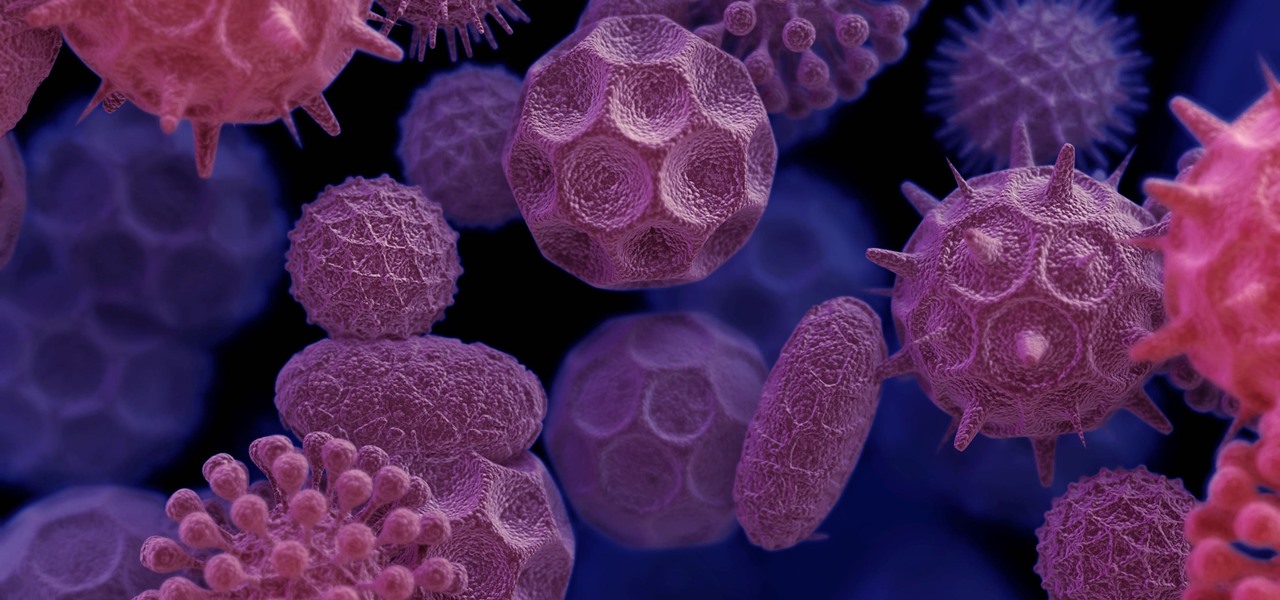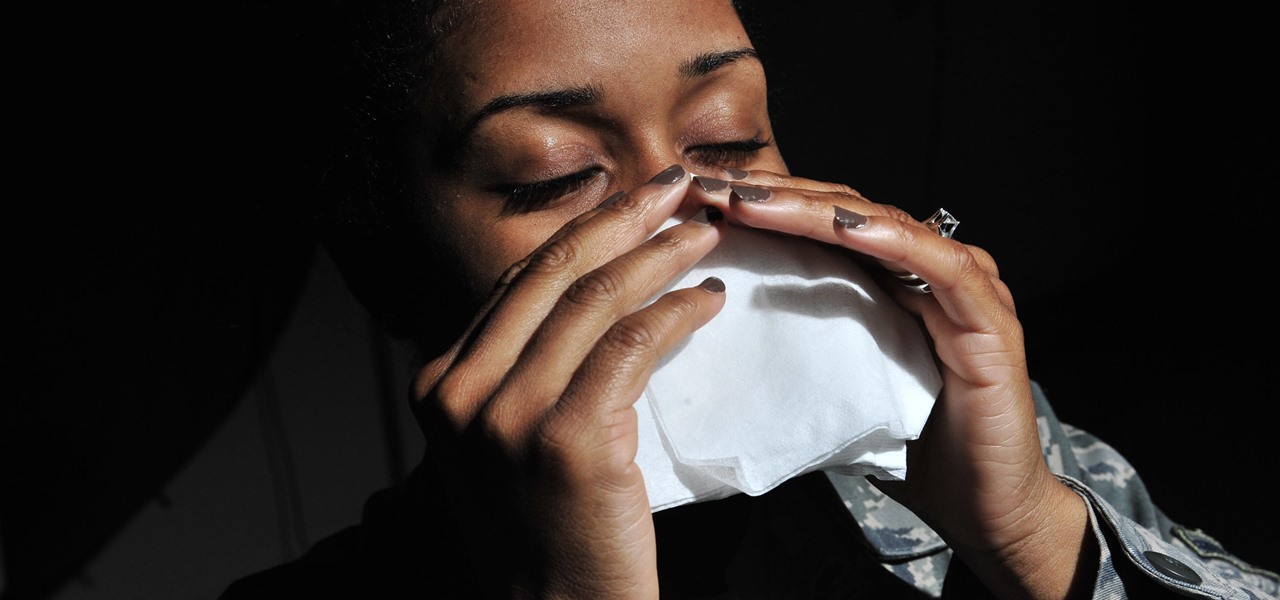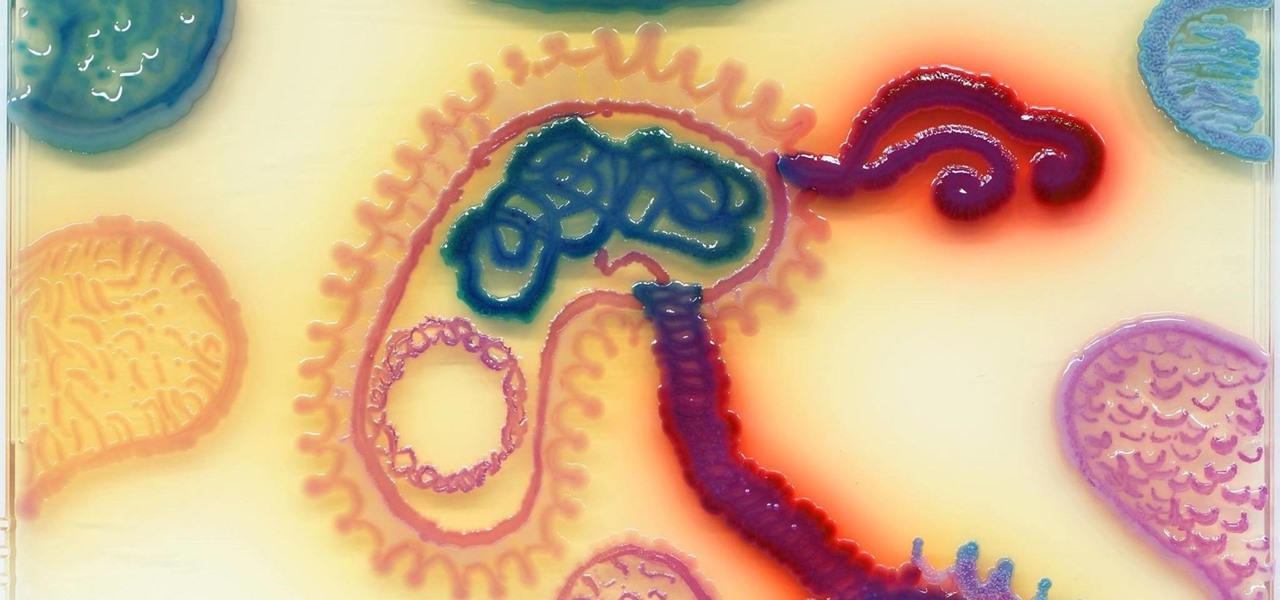Invisiverse News


News: How Parental Choice Not to Vaccinate Kids Starts and Spreads Pertussis Outbreaks
It's not always easy to get to the root of an infection outbreak. Epidemiologists study infected people, contacts, and carefully examine where the infections happened and when. In the case of a 2012 outbreak of pertussis — whooping cough — in Oregon, scientists just published an analysis of how vaccination status affected when a child became infected during the outbreak.

News: New Paper-Based Sanitizer Is a Wearable Microbe-Killing Material
What would it be like to have clothing that killed microbes? Or paper that repelled pathogens? A research team from Rutgers University has developed a prototype out of metalized paper to zap the bad guys without being super expensive. Sound good? Read on.

News: Scientists Found an Antibody That Burns Belly Fat (In Mice)
Bone loss and belly fat may no longer be certain fates of menopause, thanks to new research from an international team of scientists.

News: Nasty Side Effects & Resistance — Do You Need More Reason to Stop Taking So Many Antibiotics?
Despite the threat of superbugs, physicians continue to prescribe antibiotics when they might not be needed, and patients are suffering.

News: Legionnaires' Risk Growing in NYC as Weather Warms
The number of Legionnaires' cases in New York over the last couple weeks has led to concern and recommendations of caution for those at risk.
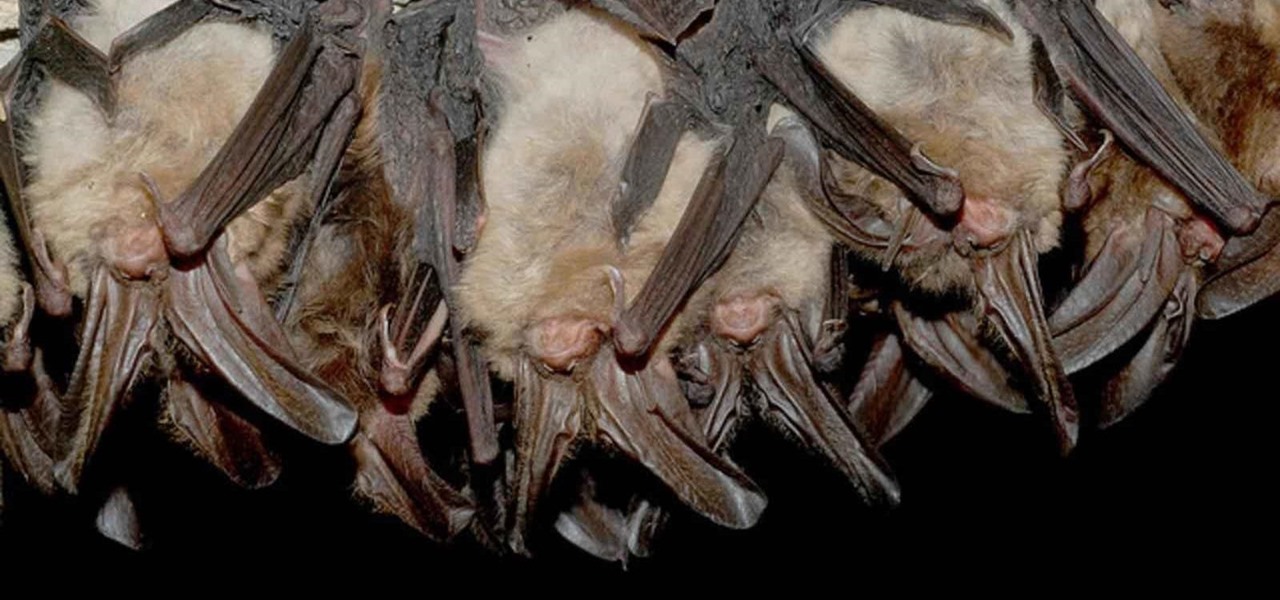
News: Bats & Viruses — Friend or Foe?
Tell the truth. The bat picture creeps you out. You are not alone. But in reality, bats truly are some of our best friends. They gobble thousands of disease-spreading bugs a night. But they also carry viruses that can be deadly to humans. So, bats — friend or foe?

News: New Approach Could Be Silver Bullet Against Antibiotic Resistant E. Coli & Other Gram-Negative Bacteria
Some types of bacterial infections are notoriously tough to treat — and it's not all due to antibiotic resistance. The bacteria themselves are rugged and hard to penetrate with drugs.
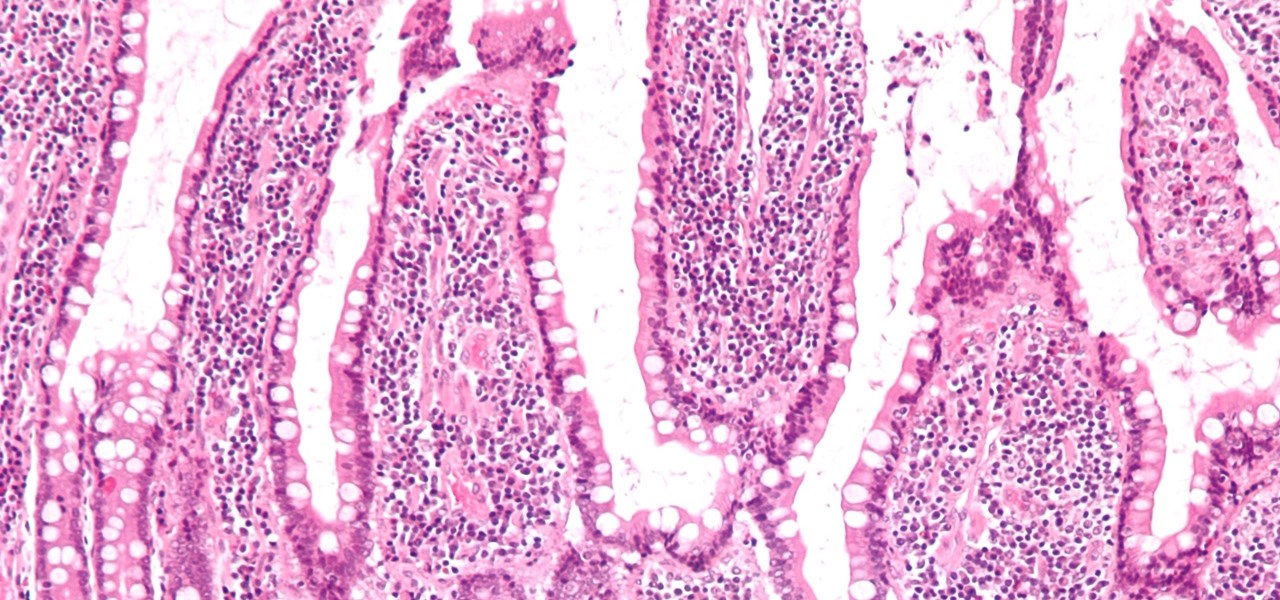
News: Sentinel Nerve Cells Spy on the Intestines, Linking Gut & Brain
If the all the fingerlike projections in our gut were flattened out, its surface area would be 100 times bigger than our skin's. It's so large that the actions of just a small part of it can impact our health. A new research study has found that enterochromaffin cells in the intestinal lining alert the nervous system to signs of trouble in the gut — trouble that ranges from bacterial products to inflammatory food molecules.

News: Latent HIV Can Hide, but Can't Escape Detection with New Test
HIV infections persist despite treatment that successfully decreases viral blood levels to the point where doctors can't detect the virus. But that doesn't mean the person is cured. The virus hides in the body, not replicating, just waiting for a chance to jump out of the shadows and reemerge.
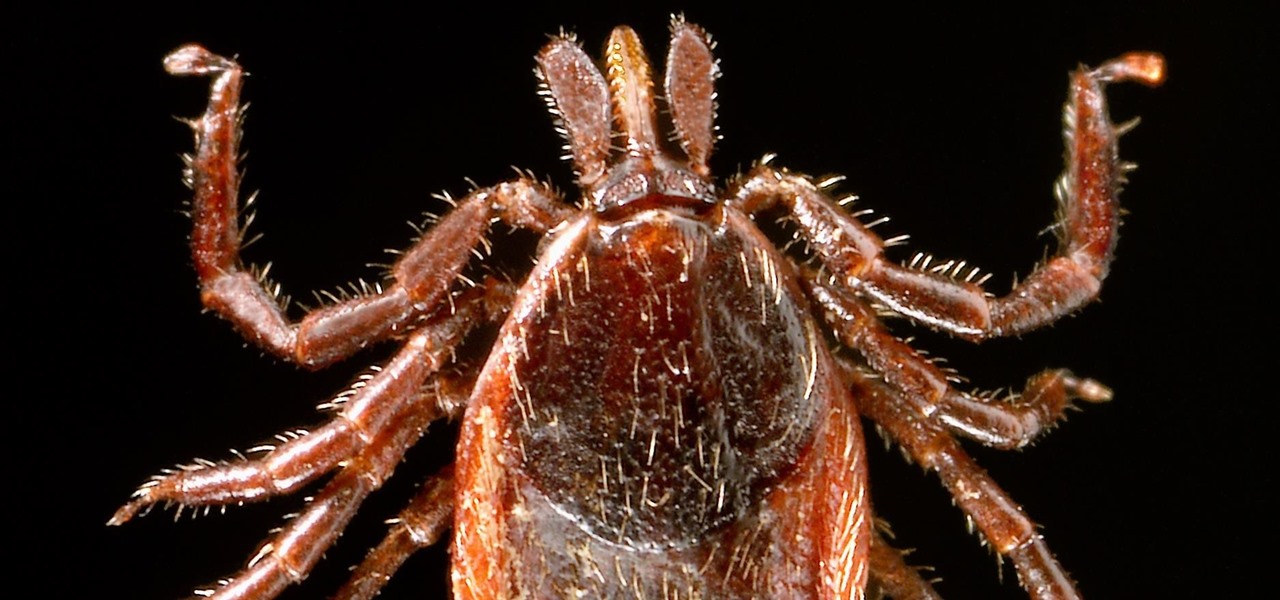
Tick-Borne Terror: Anaplasmosis — Symptoms, Sources & Risks
If you know that ticks spread Lyme disease, you may already know you might also catch a bunch of other infections from them. One of the lesser-known diseases spread by ticks is infection with the bacterium Anaplasma phagocytophilium, called anaplasmosis.

News: Common Soil Microbe Produces New Antibiotic Effective Against Resistant Bacteria
Significant strides have been in the race to find antibiotics to treat superbug infections — those caused by bacteria resistant to the antibiotics used to treat them. Now, an international team of scientists has discovered a new antibiotic produced by a microbe found in Italian soil.

News: New Treatment Could Save 100,000 Babies a Year from Deadly Respiratory Virus
Respiratory Syncytial Virus (RSV) is the most commonly occurring lower respiratory tract viral infection in young children and usually isn't serious, but in premature infants and babies under six months old, the infection can be severe, and even fatal.

News: Soil Microbes Are Key to Understanding Climate Change on (& in) The Ground
That soil under your feet is not just dirt. It is teeming with life that may not change as fast as we would like when challenged by global warming.

News: New Map Shows Where Zika Mosquitoes Live in the US
As summer heats up, new maps from the Centers for Disease Control and Prevention (CDC) gives us our best guess at where Zika-carrying mosquitoes could be hanging out this year in the US.

News: New Vaccine Takes Down Toxic Plaques Associated with Alzheimer's
Alzheimer's disease — an irreversible, progressive brain disorder — is the sixth leading cause of death in the US and more than afflicts 5 million Americans. As if those numbers aren't scary enough, the Centers for Disease Control and Prevention expect that number to nearly triple by 2050.
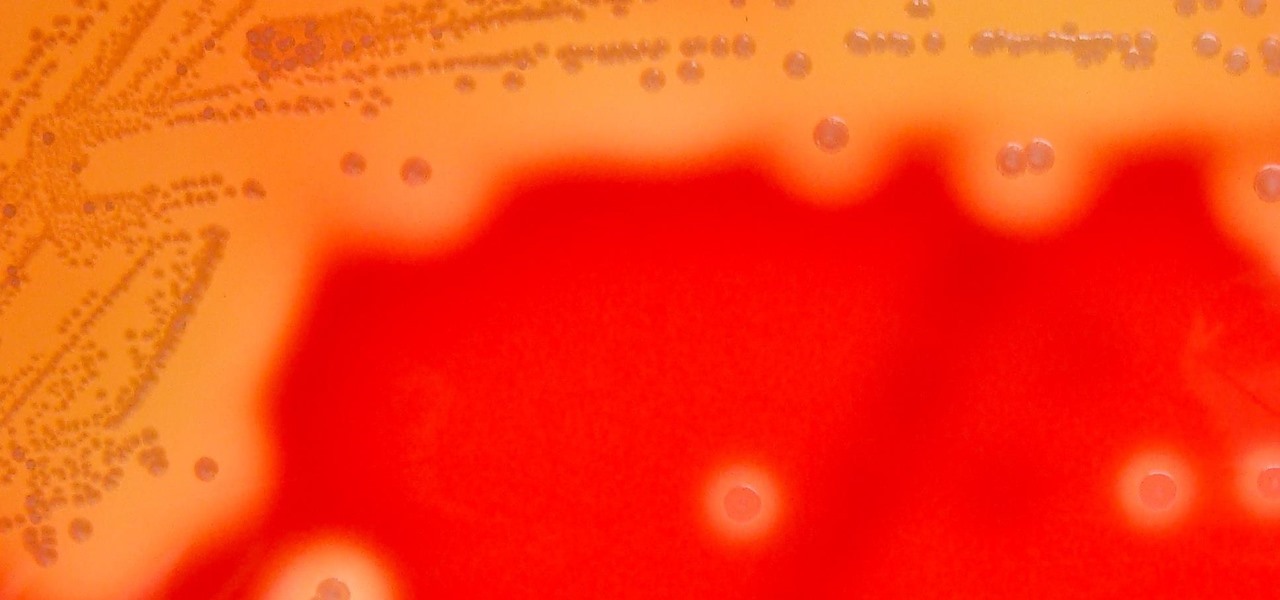
Toxic Shock Syndrome: How Bacterial Toxins Can Turn Our Immune System Against Us
Streptococcus and staphylococcus bacteria produce toxins that can cause toxic shock syndrome.

News: The Foods Most Likely to Sicken You in the US
Food is both a necessity and a joy. Many people enjoy exploring, cooking, eating, and learning about foods from around the world. But the picture isn't always rosy. A new report from the Centers for Disease Control and Prevention (CDC), highlights the ways and whereabouts of food that make us sick.

News: Watch Out Amateur Mushroom Hunters — Death Caps Are Nothing to Mess With
There is a reason the Amanita phalloides mushroom is called the "Death Cap." It can kill you. Mushrooms are a type of fungi, an organism that produces thread-like mycelia that often produce spores. Spores allow the fungi to reproduce. Molds, lichens, and yeast are all fungi, but the most visible fungi are mushrooms. Some fungi are delicious, but others can cause disease or, and still others, like Penicillium, can cure it.

News: Yogurt Isn't Just a Probiotic — Its Unique Proteins Kill Bad Bacteria
Yogurt is more than an excellent source of protein, calcium, and gut-healthy probiotic bacteria. A protein isolated from probiotic lactobacillus bacteria in yogurt is capable of inhibiting drug-resistant bacteria.

News: Newborns Contract Potentially Fatal Legionnaires' Disease from Birthing Tubs
Legionnaires' disease is named after 1976 outbreak in Philadelphia that sickened 221 people and killed 34. More often striking adults over the age of 50, the Centers for Disease Control and Prevention (CDC) recently reported two cases where newborns contracted the often fatal disease — at their moment of birth.

News: Some Treatments for 'Chronic Lyme' Are More Deadly Than the Disease Itself
While Lyme disease can be disabling, the wrong treatment for the infection can be fatal.
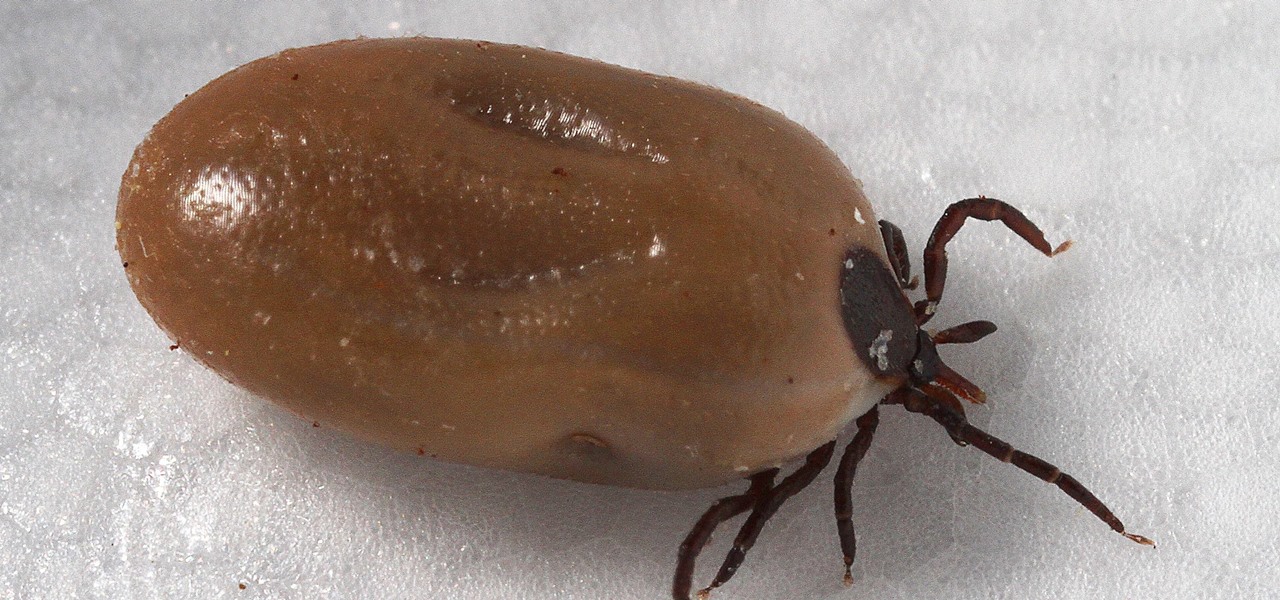
News You Can Use: Tick-Borne Infection Babesiosis — Symptoms, Sources & Risk
As a part of the already crowded field of diseases transmitted by ticks, you may not know the disease babesiosis, a dangerous infection caused by a parasite that infiltrates blood cells.

News: Another Good Reason to Keep Your Cat Indoors — Tick Bites Can Kill
Like humans, cats can suffer infections caused by ticks, and too often, the disease is fatal. Learn about tickborne diseases that affect cats and what you can do to protect Fluffy from an untimely demise.

News: Mother's Body Teaches Fetal Immune System Not to Attack Itself Before Birth
Even before we are born, our immune system is hard at work. New research shows how the developing fetal immune system takes advantage of the time and opportunity of gestation — in the presence of mom's cells and tissues — to develop a sense of self.

News: Bed Bugs Are in a Lot of Hotel Rooms — Here's How to Spot Them
Bed bugs are brown and creepy. Could you spot one in your hotel room? A new study reveals most people are freaked out by bed bugs, but only about 35% could identify one.

News: A Bacteria Could Stop Citrus Greening Disease from Killing Orange Trees
Citrus greening disease — caused by a bacteria spread by psyllid insects — is threatening to wipe out Florida's citrus crop. Researchers have identified a small protein found in a second bacteria living in the insects that helps bacteria causing citrus greening disease survive and spread. They believe the discovery could result in a spray that could potentially help save the trees from the bacterial invasion.

News: Showers Shut Down at NYPD Precinct After Legionnaires' Infection
Traces of bacteria at a precinct in East Harlem created an all-out scare after doctors diagnosed an NYPD officer with Legionnaires' disease, a deadly infection caused by Legionella pneumophila.

News: Pesticides Used to Kill Zika Mosquitoes May Harm Babies Exposed Before Birth
Zika is a threat to unborn babies — the virus can cause neurological damage if it infects a mother during pregnancy. But as with many things, our solutions to the problem aren't always all that much better than the problem itself.

News: Organic or Not, Your Produce Is Loaded with Bacteria, Inside & Out
We know that healthcare-related facilities can be fertile ground for antibiotic-resistant bacteria, but recent research suggests your produce aisle might be too.
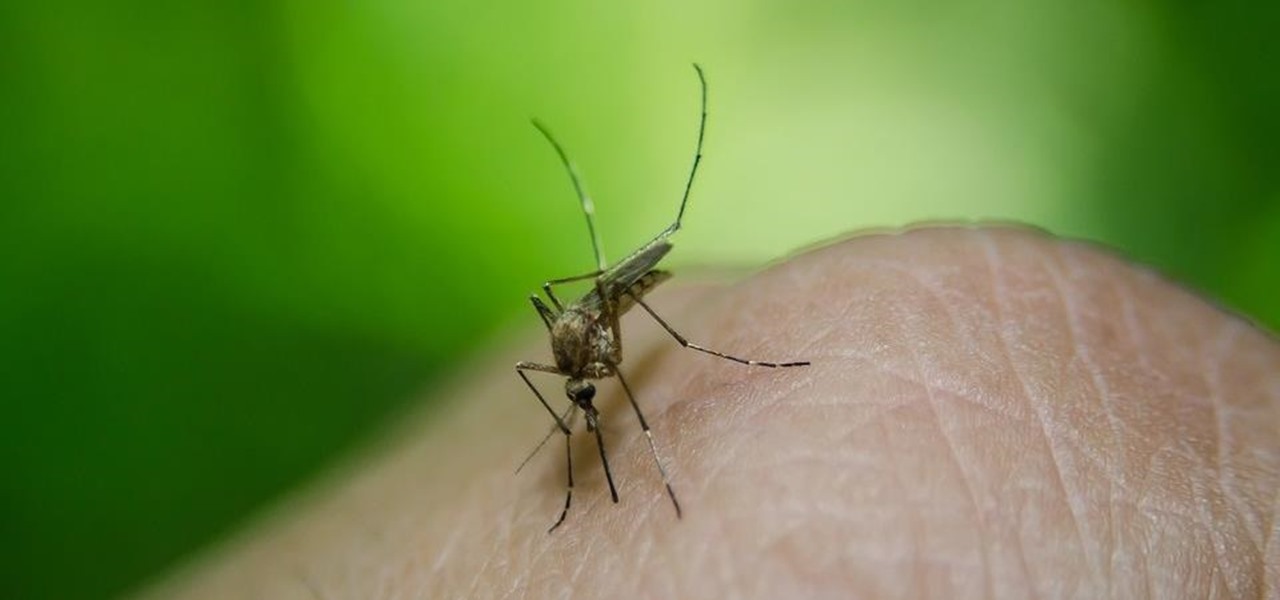
News: First Case of West Nile in Kansas Causes Statewide Concern
A case of West Nile virus recently confirmed in a person in Barton County, is the first human case of 2017 in Kansas. State health officials confirmed the appearance of West Nile this year in a press release on June 9th.
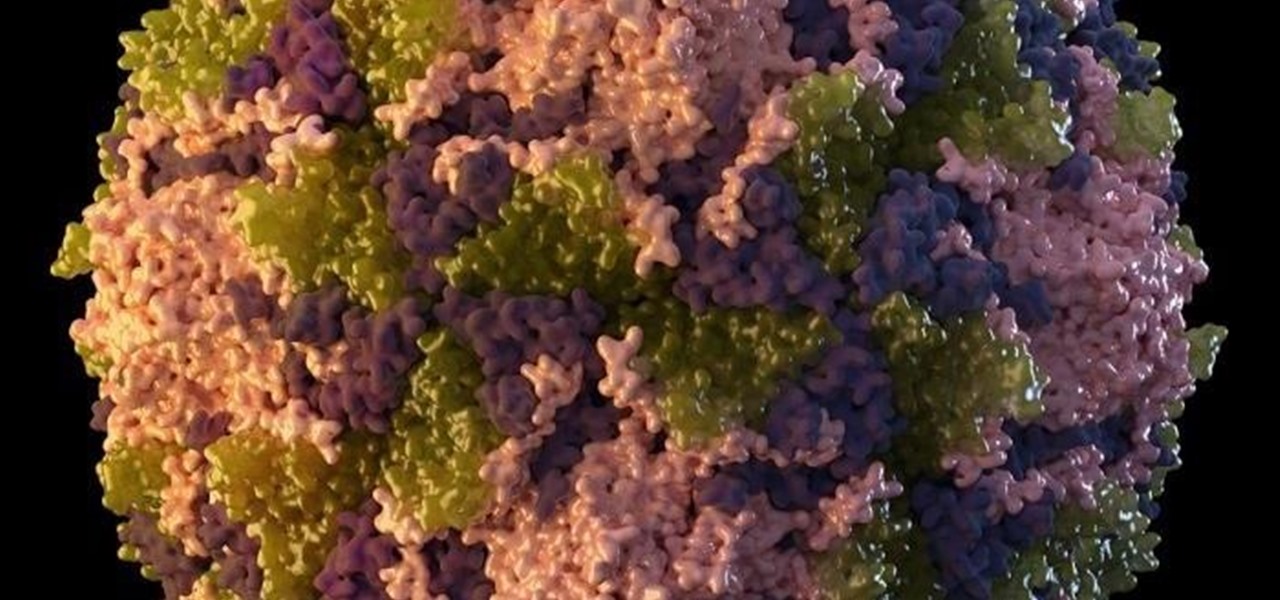
News: Mutated Vaccination Virus Causing Paralysis in First Syrian Polio Outbreak in Years
A recently confirmed polio outbreak in Syria is connected to low levels of vaccination, worsened by conflict. It is the first confirmed incidence of polio in Syria since 2014. Before 2013, the last case of polio in Syria was in 1999.
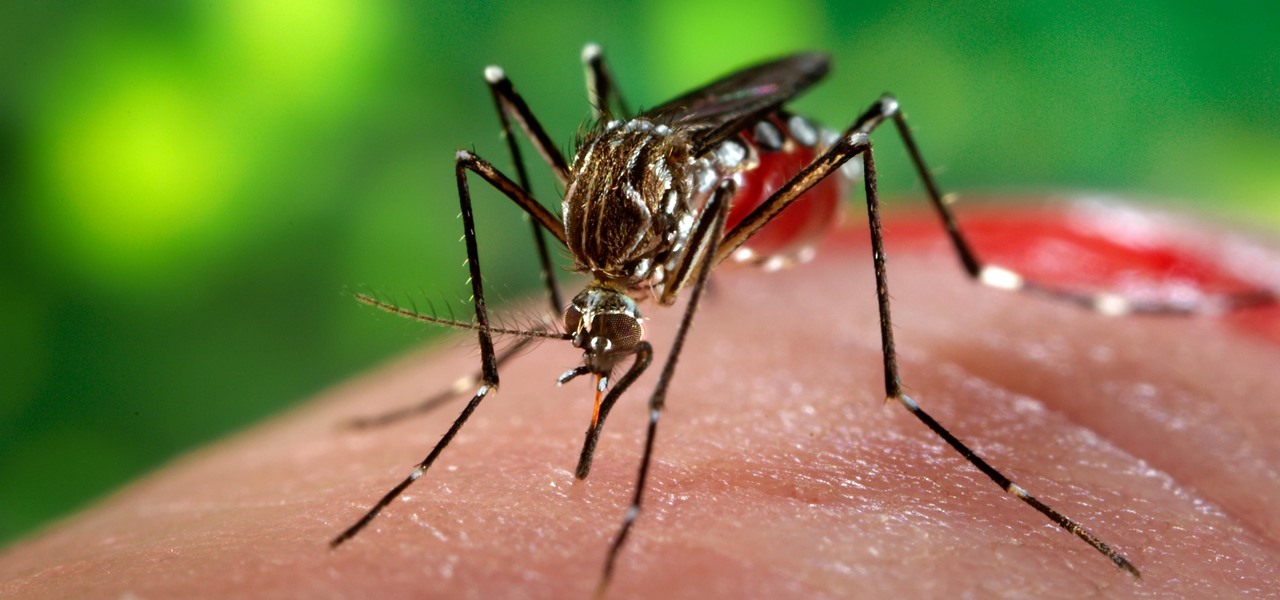
News: Stop Using Citronella Candles — They Don't Work
Mosquitoes are a big problem, and citronella candles are not the solution. There are a lot of mosquito species. The American Mosquito Control Association reports there are more than 3000 mosquito species in the world, and about 200 of those occur in the US. The most common are the Aedes, Anopheles, and Culex species. These are also the three mosquito species most likely to transmit serious illness, and all of them live in the US.

News: Excessive Exercise Makes the Gut Leak Bacteria
Intense exercise can cause problems with our digestive tract. It even has a name — "Exercise-induced Gastrointestinal Syndrome." Simply put, strenuous exercise can damage the gut and let the bacteria that reside there potentially pass into the bloodstream.

News: New Gut Bacteria Theory Could Revolutionize Our Understanding of Diabetes
Several recent research studies have pointed to the importance of the microbes that live in our gut to many aspects of our health. A recent finding shows how bacteria that penetrate the mucus lining of the colon could play a significant role in diabetes.
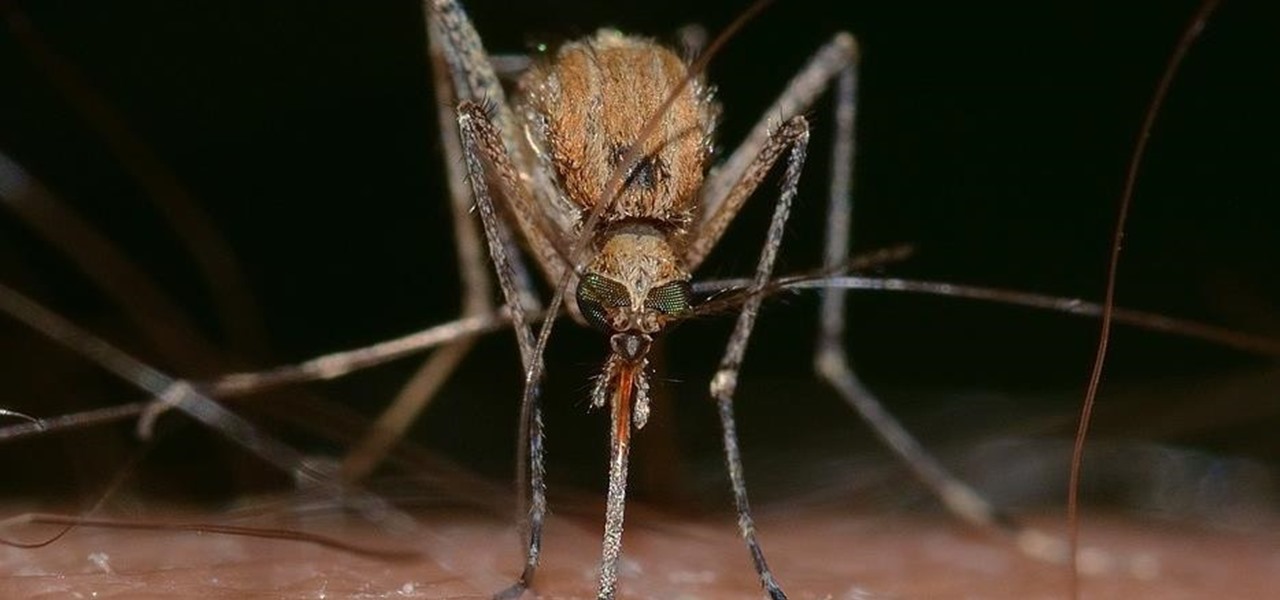
News: Officials Shocked to Find West Nile in Las Vegas Mosquitoes
Las Vegas is known as the city of sin, a place for gambling, fine dining, and decadence. Now, you can add another notable characteristic to that list: West Nile. You may want to hold off on scheduling your trip to the Sin City — or at least stock up on bug spray — because health officials have reported that mosquitoes in Southern Nevada have tested positive for the virus.
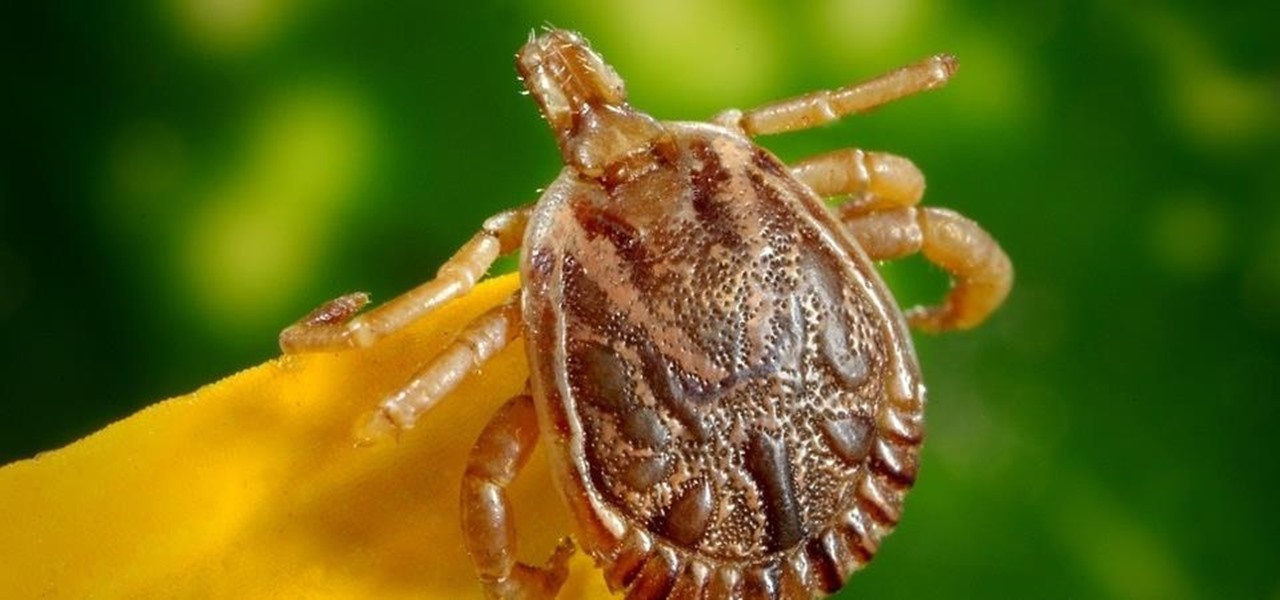
News: Ticks Could Be the Culprits in Tragic Death of Two-Year-Old
In Indianapolis, two-year-old Kenley Ratliff has passed away from what is suspected to be Rocky Mountain spotted fever (RMSF), a tick-borne illness. The young girl fell ill with a fever, and just a week later, passed away. Now her family and doctors are looking into the cause of her death and warning others to check themselves for ticks this summer.
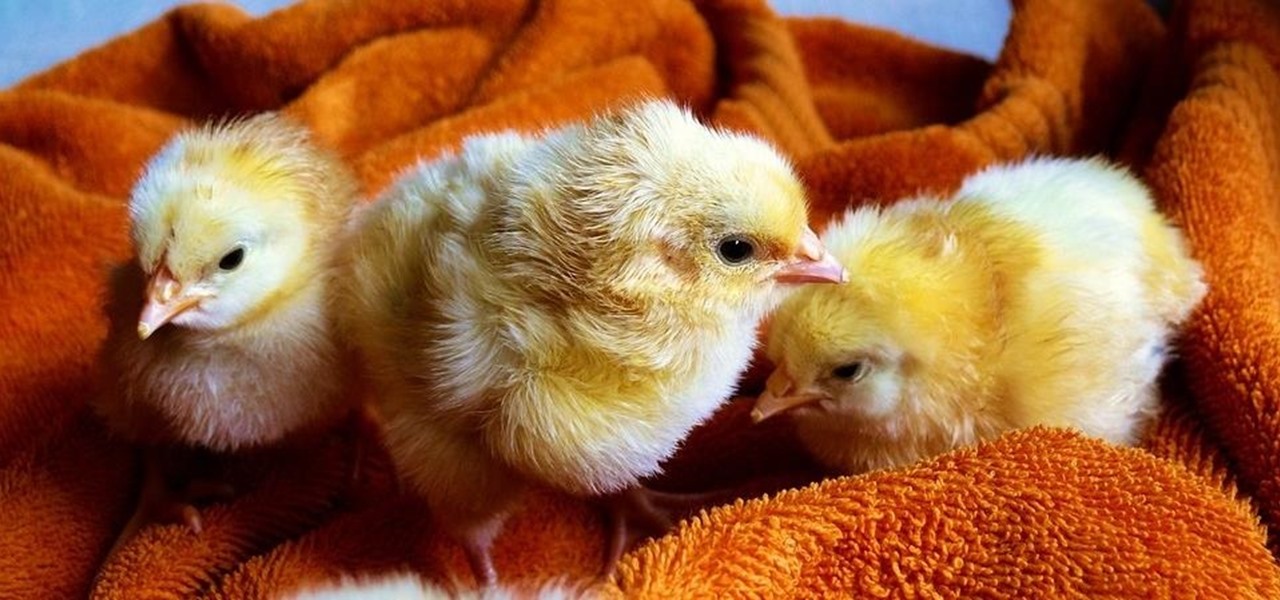
News: Chickens Can Be Cuddly but Salmonella Is Not, Warns the CDC
Multistate outbreaks of Salmonella infection in humans have led the Centers for Disease Control to advise caution when interacting with poultry. A press release on June 1st mentioned eight multistate outbreaks connected to backyard flocks. As of May 25, 372 people in 47 states were reported infected with the outbreaks' Salmonella strains. That means this year could be as bad as 2016, a record year, for salmonella outbreaks with 895 people infected.

News: Don't Believe That Whole Wheat Is Healthier — Your Gut Bacteria May Think Differently
Move over whole wheat — white bread may be back in style after a new study shows that it may be your gut microbes that decide what kind of bread is best for you.

News: Gut Bacteria Cocktail May Protect Cancer Patients & Pregnant Women Against Listeriosis
Listeria monocytogenes bacteria don't play fair. Healthy people can usually handle the food-borne infection, but the bacterial infection hits pregnant women, fetuses and cancer patients very hard. Interestingly, a new study found that other bacteria may help prevent Listeria infections in those people.

News: Mumps Outbreak Leads to Health Alert for Boston
The Massachusetts Department of Public Health (DPH) issued a health alert for a Boston mumps outbreak, on Monday, June 5th, to healthcare providers and local boards of health. There have been 12 reported cases of mumps during the recent outbreak. The affected residents' symptoms occurred between March 24th and May 31st, and 10 of the 12 had symptoms after May 9th. There have been 35 confirmed cases of mumps in 2017 in Massachusetts, and "nearly 300" suspected cases in the continuing outbreak.
